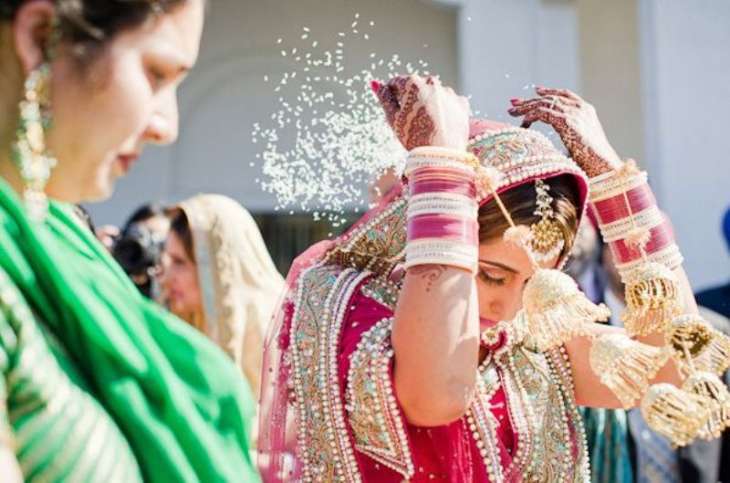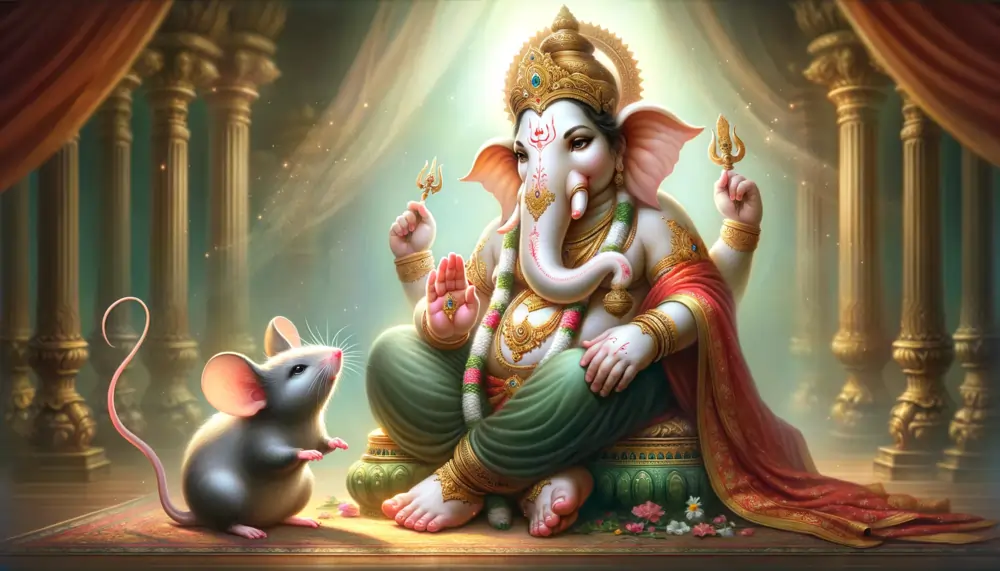Hindu Wedding Customs: Rice-Throwing Ritual: A Daughter’s Final Blessing Before Leaving Home
Why a Bride Throws Rice During Vidai: The Deep Meaning Behind the Ritual: In Hindu culture, marriage is considered a sacred and transformative ritual in a person’s life. It marks the beginning of a new journey for both the bride and groom. Throughout this ceremony, several age-old traditions are performed, each carrying deep cultural and spiritual significance. One such tradition is the emotional moment when the newlywed bride throws rice behind her as she leaves her parental home.
Hinduism holds daughters in high regard, believing them to be embodiments of Goddess Lakshmi, the deity of wealth, and Goddess Annapurna, who represents nourishment. When a daughter gets married and steps out of her home, it is believed she carries blessings with her. The ritual of throwing rice symbolizes her wish for her parents’ continued prosperity.
The Religious Meaning Behind the Rice-Throwing Ritual
Rice in Hindu scriptures is associated with abundance, positivity, and wealth. As the bride throws rice backward, she spiritually conveys:
“May my parents’ home always remain filled with food, wealth, and happiness.”
It is a ritual of gratitude, expressing that the bride does not leave her parents empty-handed but blesses them with prosperity as she moves toward her new home. Many also believe this act protects the house from negative energy and brings continued good fortune.
The Tradition of Not Looking Back
Another meaningful custom during Vidai is that the bride is discouraged from looking back while walking away. Symbolically, this represents that she is not taking away the good fortune and peace of her parents’ home. Instead, she leaves behind her blessings and moves ahead to begin a new life with her in-laws.
A Beautiful Emotional Transition
Together, these rituals honor both the emotional bond between a daughter and her parents and the spiritual belief that marriage is a transition into a new phase of life—a phase filled with responsibilities, blessings, and new beginnings.
ALSO READ: Why the Most Auspicious Hindu Weddings Happen Under the Moon





